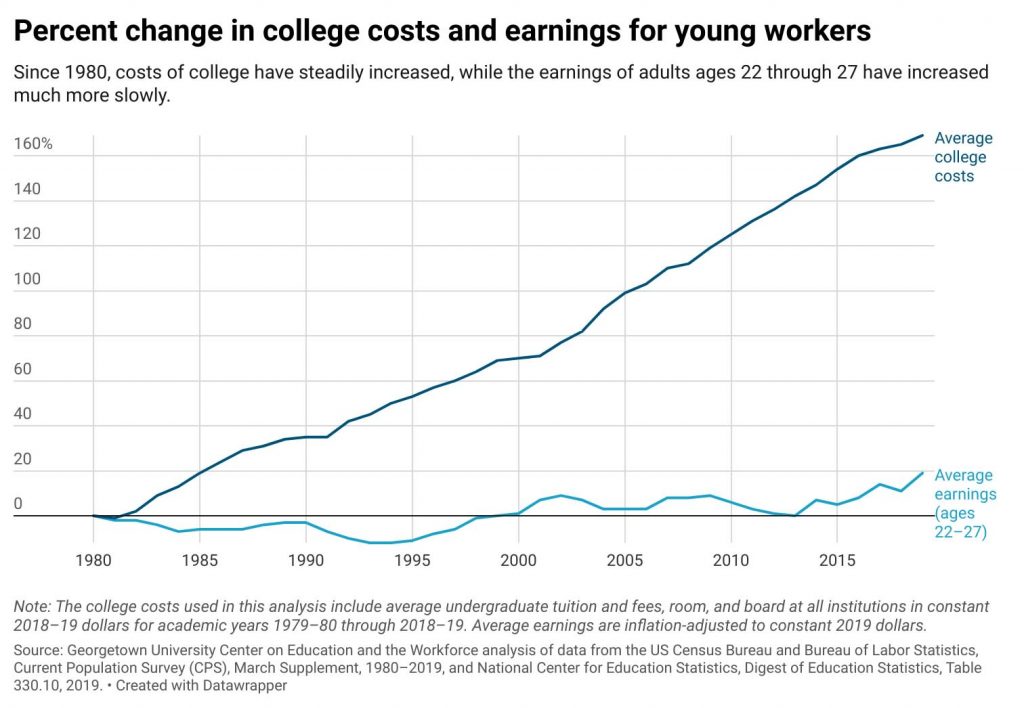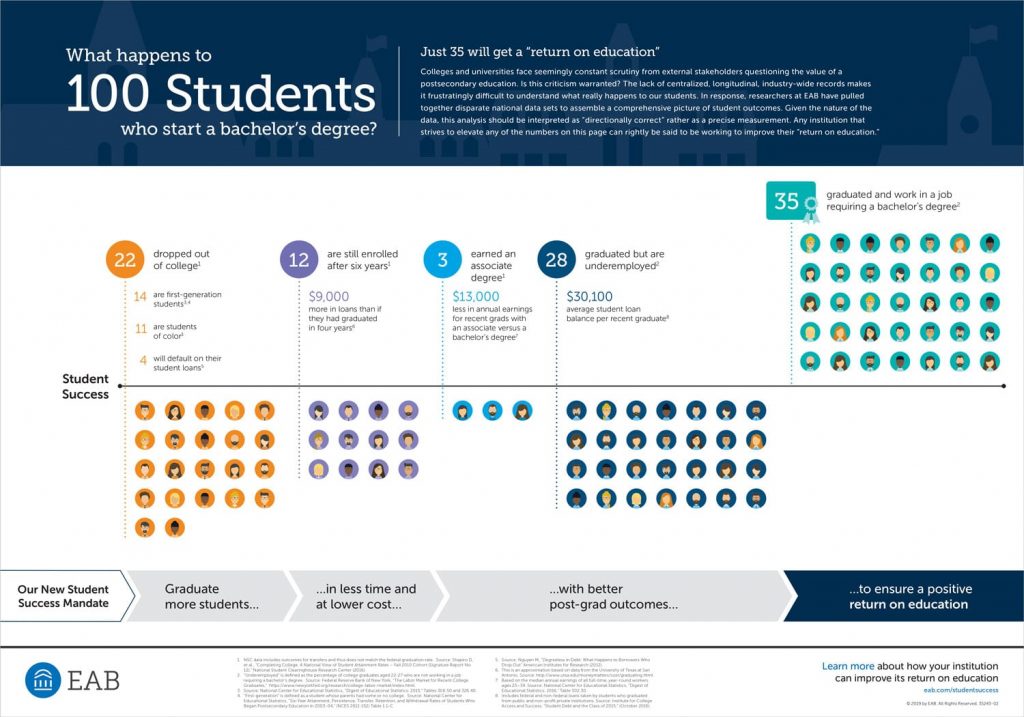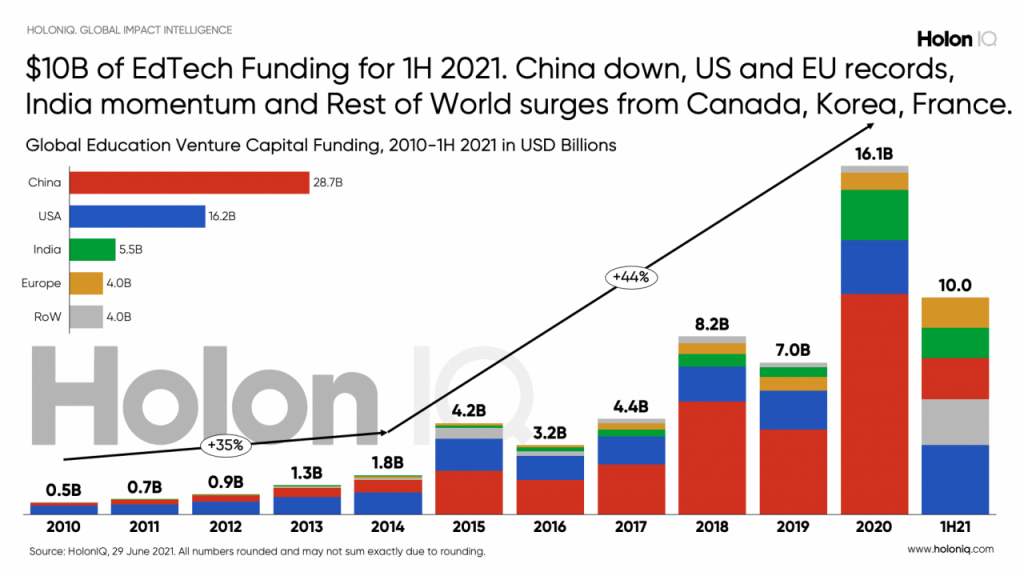Google wants 20,000 Americans to have higher-paying jobs — from protocol.com by Amber Burton
Google’s Career Certificate Fund is aimed at creating a sustainable model of support for American job seekers.
Excerpt:
The program is designed for students to pay zero upfront costs for the three to six-month courses, but Google certificate students are expected to repay program costs if they land a job that pays at least $40,000 annually. While the exact amount of the monthly payments was not shared in the announcement, Google said it will be low no-interest payments for Social Finance to reinvest in the program for additional participants.
Our new $100 million Google Career Certificates Fund — from blog.google by Sundar Pichai
It’s another promising example of how the entire ecosystem — from private companies to nonprofits — can work together to help more Americans access economic opportunities.
Addendum on 3/2/22:
- Google’s Sundar Pichai Just Announced a $100 Million Educational Fund. It Might Mean the Beginning of the End for College. — from inc.com by Jeff Steen
While college tuition rises, businesses like Google are offering their own credentials — for a lot less. It might be the educational model we’ve needed for decades.











